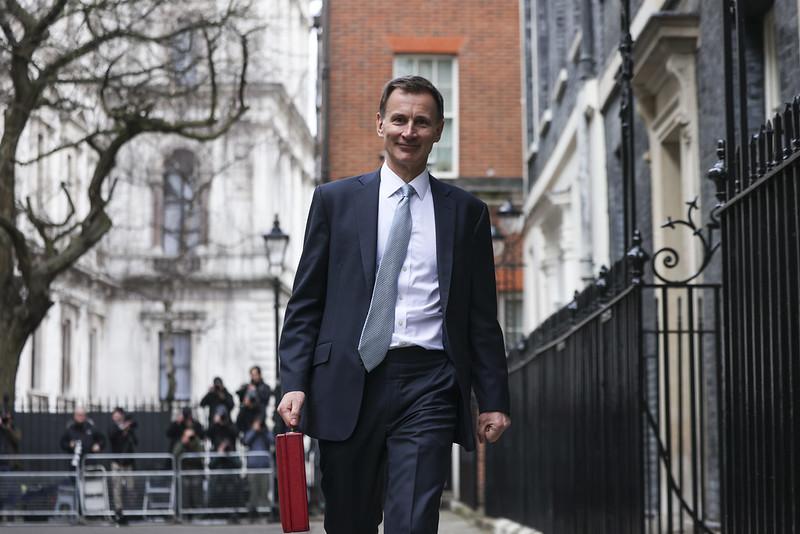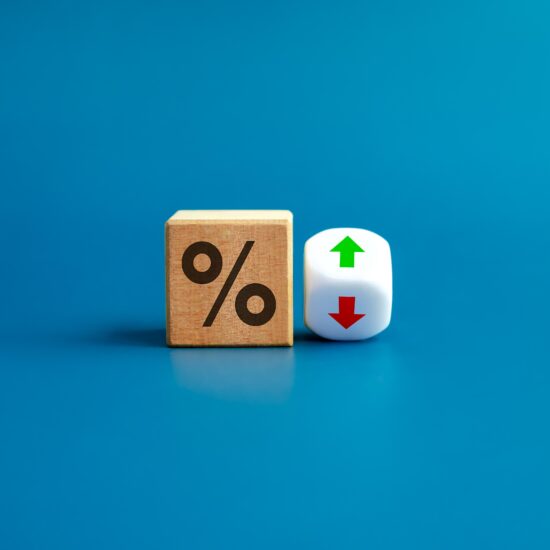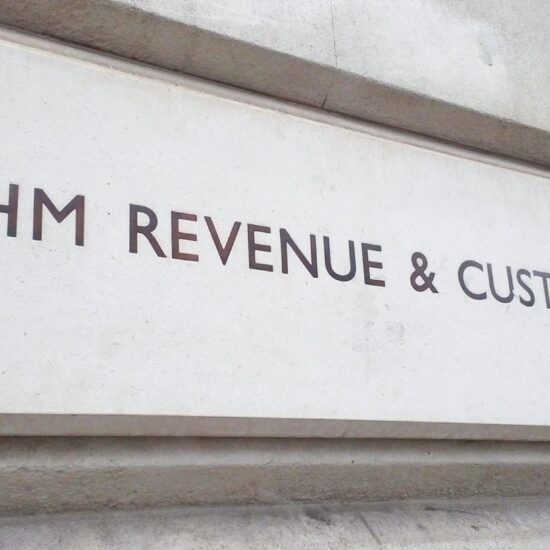Budget 2024: High Income Child Benefit Charge up to £60k
Will Drysdale, Reporter, Accountancy Daily
The Chancellor will increase the high income child benefit charge threshold from £50,000 to £60,000 from April 2024
In a major overhaul of the scheme the criteria will be changed to a household rather than an individual basis by April 2026.
The rate at which HICBC is charged will also be halved so that child benefit is not fully withdrawn until individuals earn £80,000 or above.
This is set to remove 170,000 from paying this charge and save half a million families up to £1,300 a year from 2024.
However, anyone earning over £80,000 will end up having to pay the whole benefit back, this has been reduced from £100,000.
Currently, anyone earning over the £50,000 threshold has to pay back some of the benefits if they are opting into it, as well as fill out a tax return. This is if just one parent in a two-parent household is earning over this, frequently leading to HICBC cases, which drag on for years at the first tier and upper tier tribunal.
Now, with Jeremy Hunt’s Spring Budget announcement, this is set to change from April 2026, to take into account earnings as a household and not an individual. Previously a two-parent household could both earn £49,000 and receive the full benefit, but if one person slips over the threshold the household is penalised.
Jason Piper, head of tax and business law at ACCA said: ‘The proposal to shift overall implementation to a household basis is more in line with the underlying policy, but is likely to introduce additional record keeping issues as living arrangements naturally shift over time (and rarely in line with tax years).However, with the requirement for a consultation period it is unlikely that we would see any changes here before the general election.’
Because this is not coming into effect until 2026, Hunt announced an increase to the threshold to £60,000 from 6 April 2024. This means for every £200 earned over this amount, 1% of the benefit will have to be returned.
Alice Hain, personal finance analyst at Bestinvest said: ‘The unfairness won’t end entirely until the benefit is based on the overall household income rather than that of the highest earner, something that is not going to happen for more than a year.’
The measure is set to cost £540m in the 2024/25 financial year but will cost between £635m-£660m from 2025-29 financial years.
Bruce Cartwright CA, ICAS chief executive, said: ‘The Chancellor was right to increase the high-income child benefit charge (HICBC) threshold to £60,000 as part of a broader reform to the scheme.
‘This has often been seen as an unfair tax, as single parent households and households where one taxpayer has an income over £50,000 (but the other has a low income) were not entitled to the full benefit.
‘In comparison, households with two incomes under £50,000 were entitled. The increase announced today could have a significant and positive impact on struggling families’ finances.
‘It’s likely there may be workers who might have turned down promotions and overtime to stay below the £50,000 earning thresholds to avoid the pain of the HICBC.’
Sean Cockburn, director, private client tax at Mazars commented: ‘In recognition of the issues around the High Income Child Benefit Charge (HICBC), the Chancellor has taken steps to address the position as under the current rules, two parents each earning £49,000 a year would receive the full amount of child benefit, but a household where only one parent earns £60,000 would receive nothing.
‘To correct this the Chancellor has announced the HICBC will be based on household income from April 2026. In the meantime, he has sought to provide immediate help for families by increasing the threshold at which the charge starts to take effect from £50,000 to £60,000 and halving the clawback rate by increasing the upper threshold to £80,000.’







